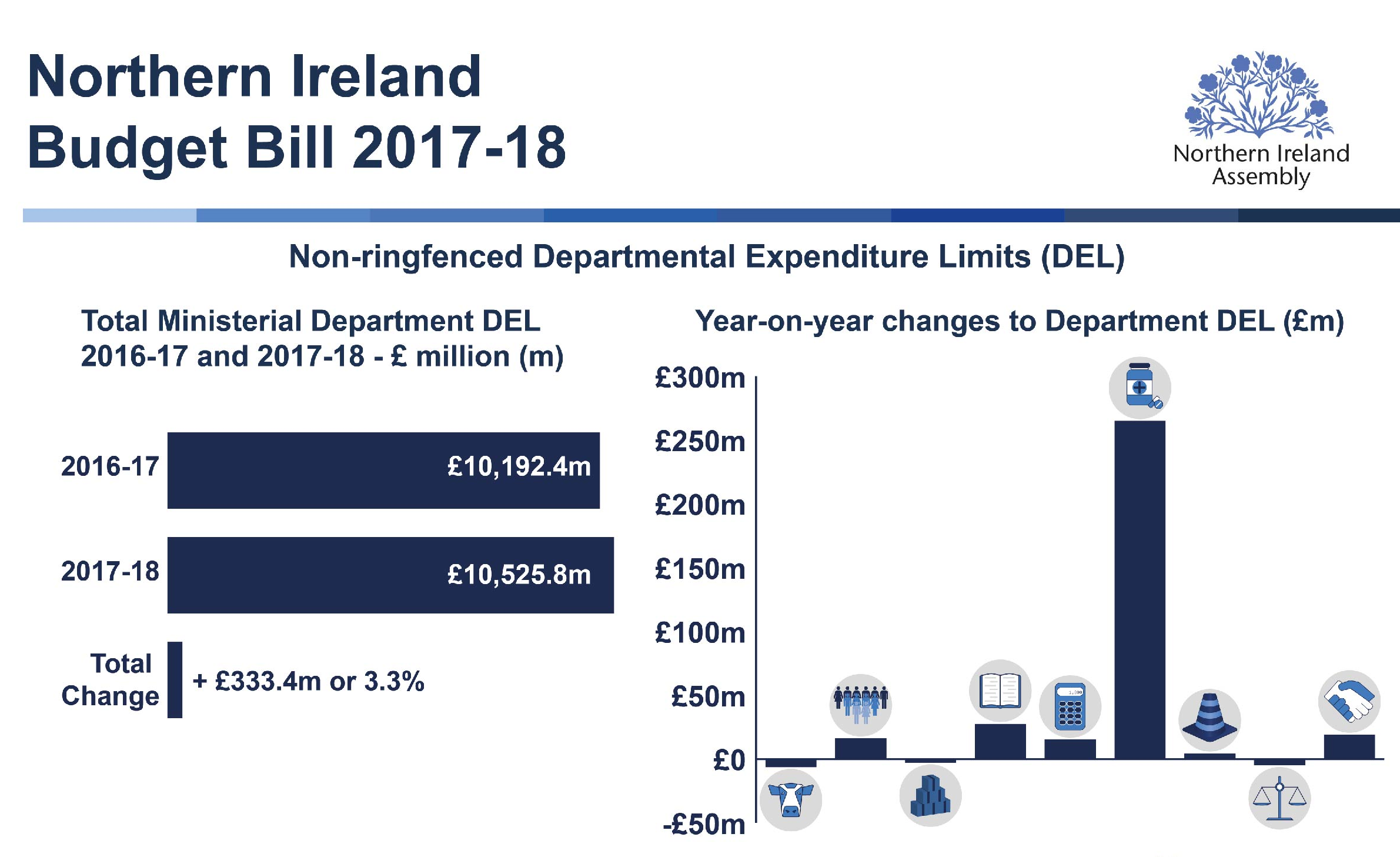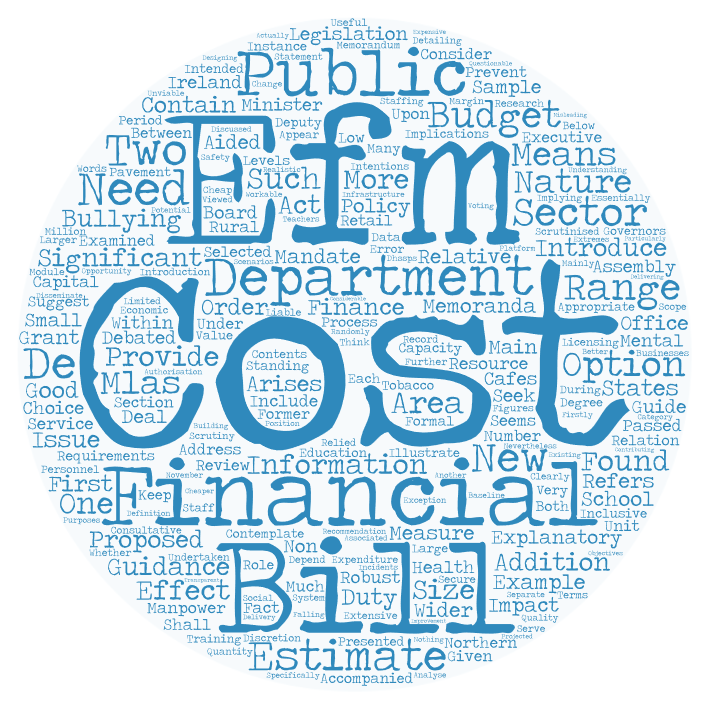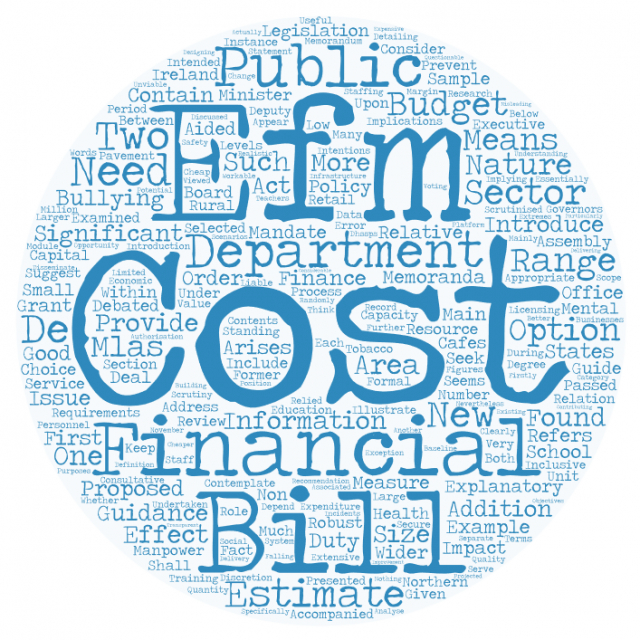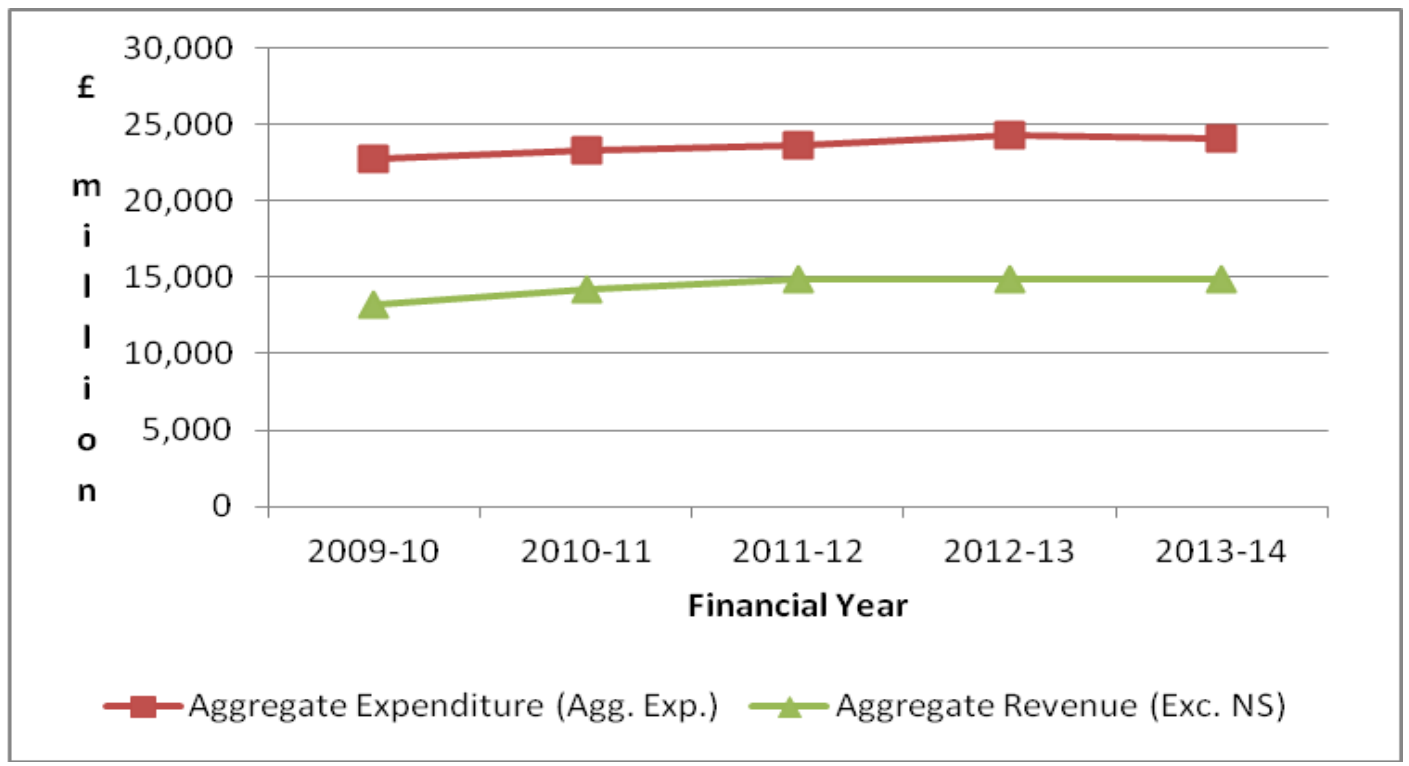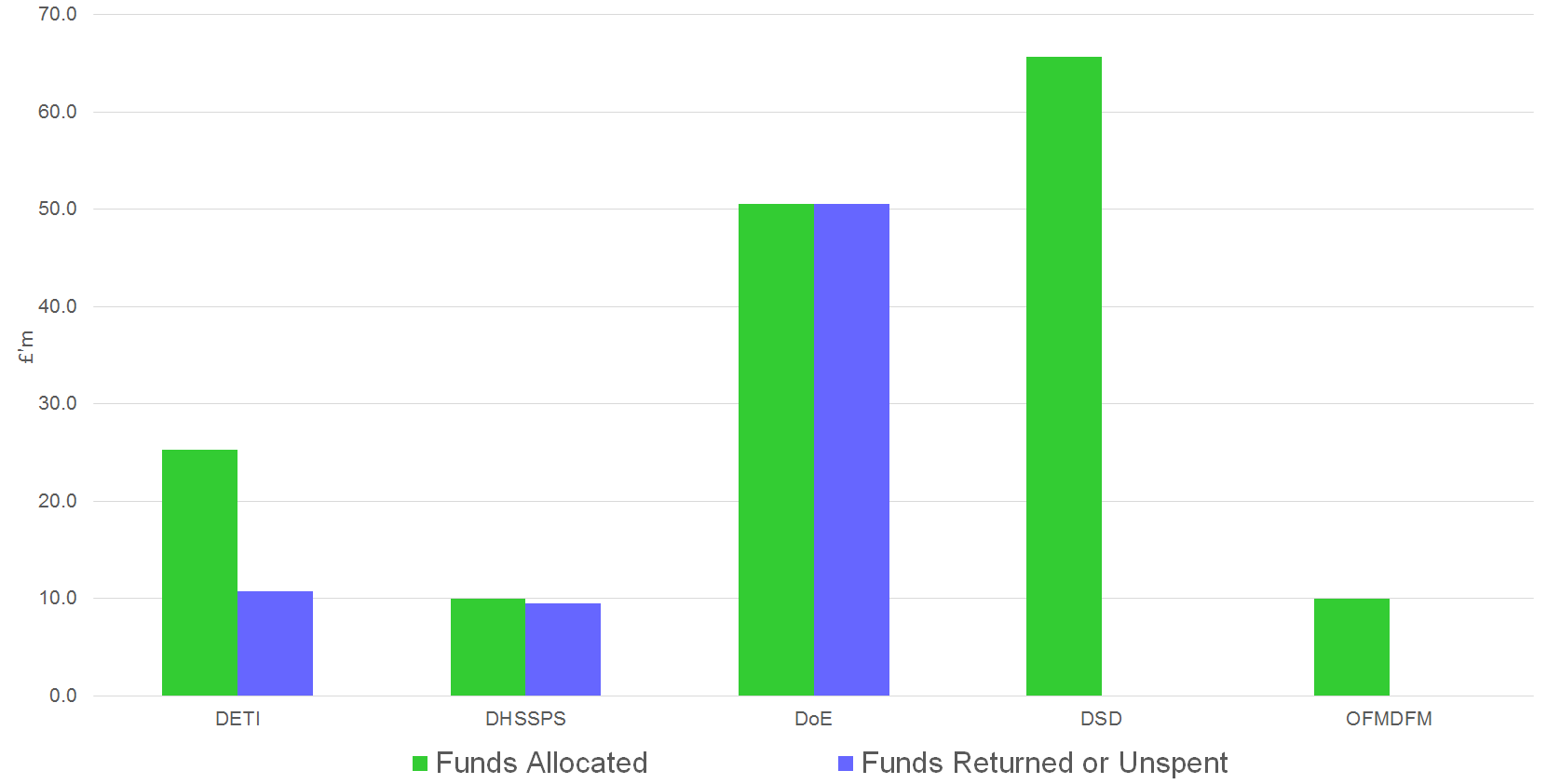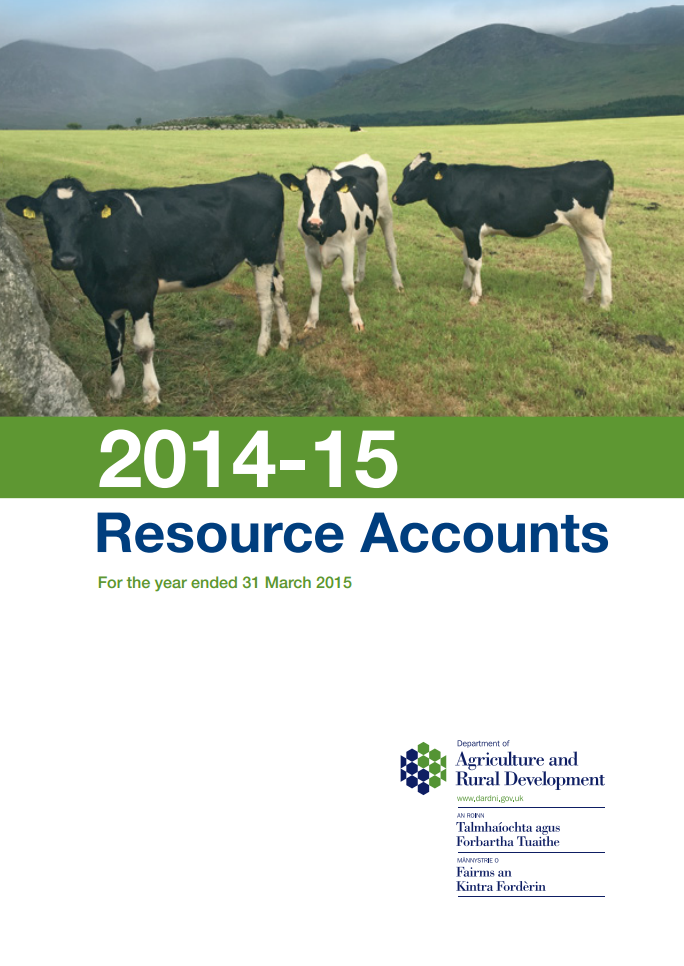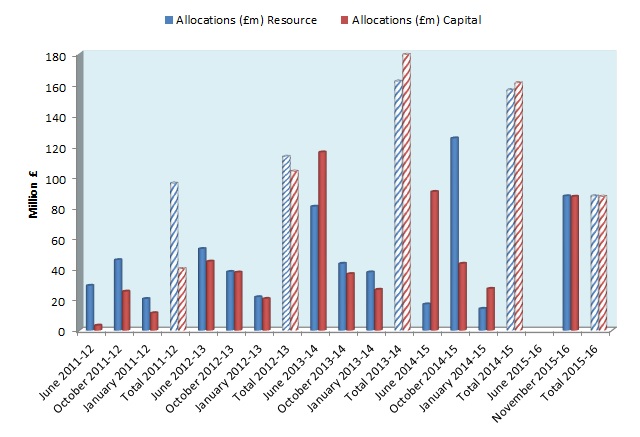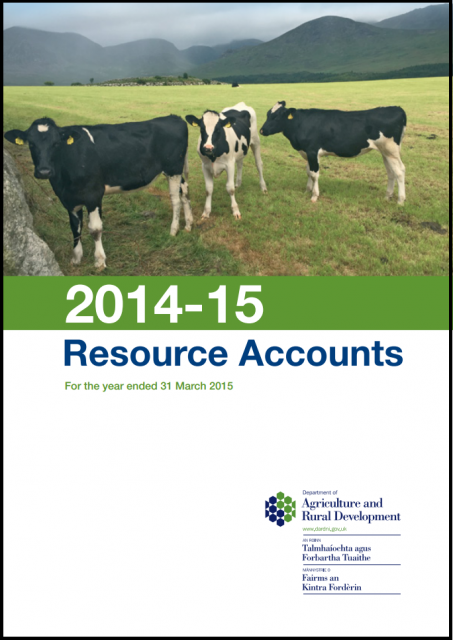 The purpose of an ‘Annual Report and Accounts’ is to provide information about an entity’s financial position, changes in financial position, financial performance and cash flows. It should be useful to a wide range of users, enabling them to assess the stewardship and accountability of management for the resources entrusted to them.
The purpose of an ‘Annual Report and Accounts’ is to provide information about an entity’s financial position, changes in financial position, financial performance and cash flows. It should be useful to a wide range of users, enabling them to assess the stewardship and accountability of management for the resources entrusted to them.
The majority of public sector bodies in Northern Ireland (NI) operate a financial year which runs from 1 April to 31 March. By summer recess most public sector accounts are audited and laid in the Assembly. From July the public therefore can access a large number of audited public sector accounts on the organisation’s website.
The 2015-16 financial year has seen a number of significant changes to the format and content of Public Sector Annual Reports and Accounts. The following post sets out the reporting requirements for Public Sector Annual reports and Accounts for the 2015-16 year onwards.Read More »What are Public Sector Annual Reports and Accounts and how can I access them?


